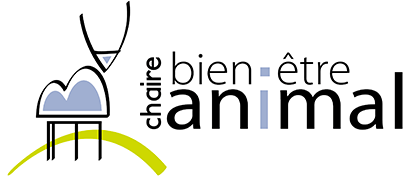Document type : Article published in The Guardian
Author: Fiona Harvey
Preview: The EU is to introduce sweeping reforms of farming subsidies this week to try to halt the decline of small farms and protect them from the intensification of agriculture fostered by decades of previous policies.
Janusz Wojciechowski, the EU agriculture commissioner, said: "My intention is that this process of disappearing small farms should be stopped. The European food sector in the past was based on small farms, and it should be in the future as well."
Analysis by the Guardian shows that the number of poultry and livestock farms alone in the EU, excluding Croatia, fell by 3.4m between 2005 and 2016, to 5.6m, the latest year for which comprehensive data is available. While poultry and livestock numbers increased over the period, the number of livestock farms declined sharply, showing that there has been a huge intensification of farming and that small farms have been lost. The total number of all types of farm in the EU fell during the same period from 14.5m to 10.3m.
This intensification, with more livestock gathered into a smaller number of farms, many of them large-scale factory-type facilities, accelerated with the EU's common agricultural policy (CAP), which has dominated Europe's farming since its introduction in 1962. The biggest farmers benefit most from the subsidy system: about 80% of the €40bn (£34bn) direct payment subsidies go to just 20% of farmers.
Wojciechowski admitted that previous versions of the CAP had produced vast upheaval. "The reason we lost 4m farms in the EU was a mistake in the CAP. The support was too much [geared] to industrial farming and not enough to small and medium farms," he said.
Reforms to the CAP to be brought forward this week by the EU will include measures to encourage farmers to leave more space for wildlife, to adopt organic standards for livestock, to use less chemical fertiliser and pesticide, and to nurture healthy soils. […]
Animal welfare would also improve, he said, from a greater emphasis on short supply chains, which would reduce the long journeys across Europe for some live animals.
He added: "Our intention is to increase organic food from 8% to 25% in the next decade, for instance. This will be especially good for small farms.




